Men, as well as women, are much oftener led by their hearts than by their understandings
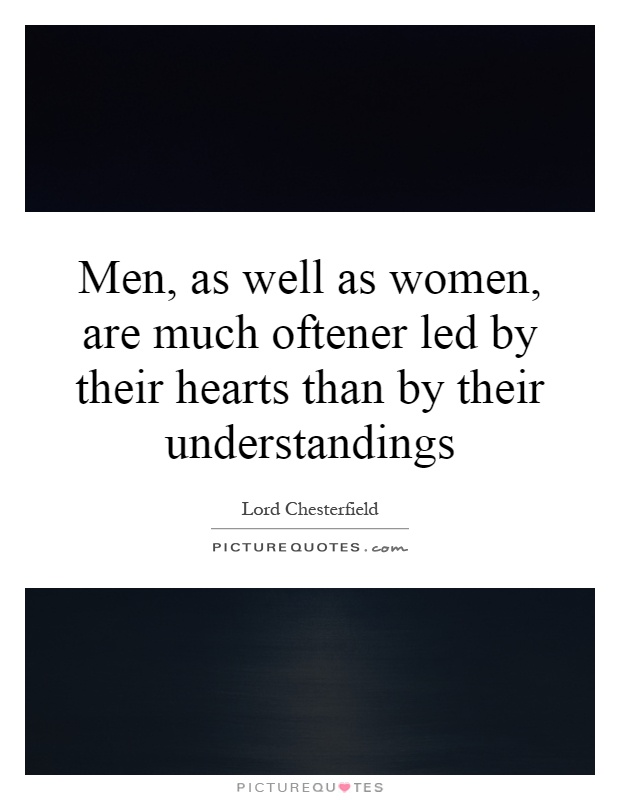
Men, as well as women, are much oftener led by their hearts than by their understandings
Lord Chesterfield, a prominent figure in 18th-century British society, was known for his wit, charm, and keen understanding of human nature. His famous quote, "Men, as well as women, are much oftener led by their hearts than by their understandings," reflects his belief in the power of emotions over reason in guiding human behavior.In Chesterfield's view, both men and women are susceptible to being swayed by their emotions rather than their intellect. He understood that the heart often dictates our actions, even when our minds tell us otherwise. This insight into human psychology was a central theme in Chesterfield's writings and correspondence, where he often advised his son on the importance of emotional intelligence and understanding the motivations of others.
Chesterfield's observation that men are led by their hearts is particularly relevant in the context of his own life. As a statesman and diplomat, he navigated the treacherous waters of court politics with skill and finesse, relying on his emotional intelligence to forge alliances and manipulate his rivals. His ability to understand and manipulate the emotions of others was a key factor in his success as a politician and a social climber.
Chesterfield's belief in the power of emotions over reason also reflects the prevailing attitudes of his time. In the 18th century, the Enlightenment was in full swing, with thinkers like Voltaire and Rousseau championing reason and rationality as the keys to human progress. However, Chesterfield understood that emotions play a crucial role in shaping human behavior, often overriding our rational faculties.
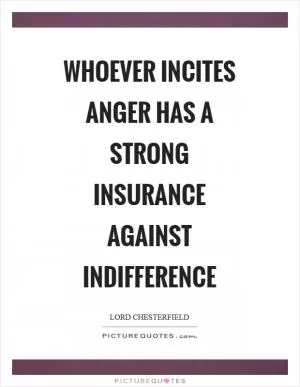
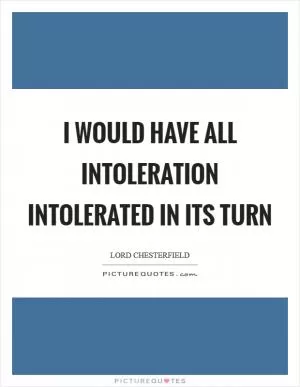
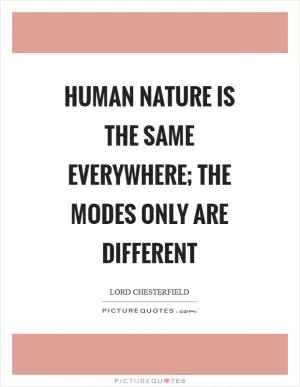






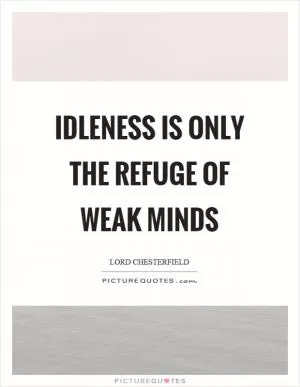


 Friendship Quotes
Friendship Quotes Love Quotes
Love Quotes Life Quotes
Life Quotes Funny Quotes
Funny Quotes Motivational Quotes
Motivational Quotes Inspirational Quotes
Inspirational Quotes